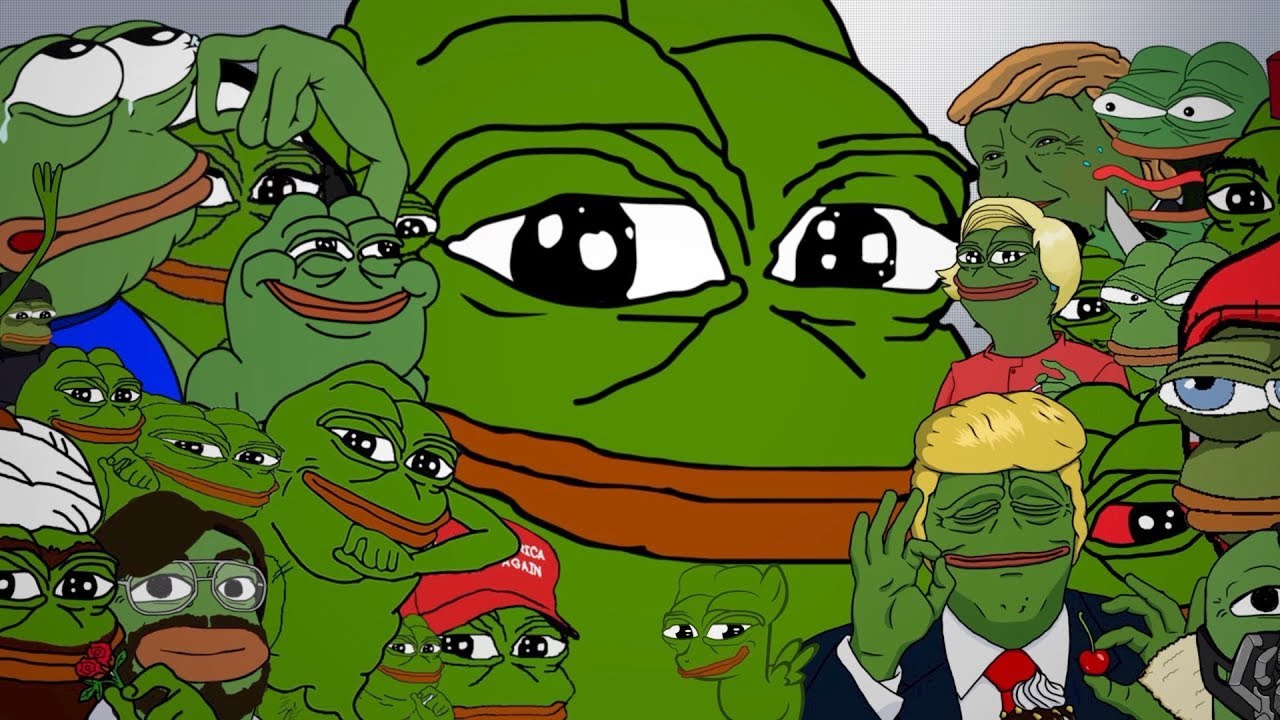Memed Into The Public Domain? The Battle For Pepe The Frog.
Unleash Your Creative Genius with MuseMind: Your AI-Powered Content Creation Copilot. Try now! 🚀
In the vast realm of the internet, where ideas flow freely and boundaries are pushed, a seemingly innocent cartoon frog named Pepe has become the unlikely center of a fierce legal battle. This battle, my friends, is not just about a cartoon frog. It's about political speech, it's about the first amendment, and it's about the power of memes in the digital age.
The Birth of Pepe
Let's take a trip back to the origins of Pepe the Frog. Created by Matt Furie, a 38-year-old cartoonist from Ohio, Pepe first made his appearance 12 years ago in Furie's webcomic 'Boy's Club.' In one memorable sequence, Pepe is caught with his pants down, standing at a toilet, and utters the now-famous phrase, "feels good man." Little did Furie know that this simple comic would unleash a cultural phenomenon.
It wasn't until Pepe found his way onto the anonymous image board 4chan that things took a wild turn. Pepe's image spread like wildfire, evolving into various forms such as "feels bad man" and "sad frog." Celebrities like Katy Perry and Nicki Minaj embraced Pepe, and Furie defended the internet's right to turn his creation into an unstoppable meme. But little did he know what awaited him.
From Meme to Hate Symbol
Pepe's innocent journey took a dark turn when he was adopted as a symbol by white nationalist groups. The Anti-Defamation League even included Pepe in its database of hate symbols, branding him a white nationalist symbol. This nightmare scenario was not what Furie had envisioned for his creation.
The turning point came when Pepe donned a red "Make America Great Again" hat, becoming associated with Donald Trump's presidential campaign. The Clinton campaign responded by accusing Pepe of being a "symbol associated with White Supremacy." The emerging Alt-right movement embraced Pepe, and the battle lines were drawn.
Enter the Warriors
Enter Mike Cernovich, a social media influencer known for his controversial tactics. Cernovich, not one to shy away from controversy, posted a video featuring Hillary Clinton's audio book description of feeling "creeped out" by Trump during a debate, accompanied by Pepe stalking Clinton. Furie's attorney sent Cernovich a takedown notice, but Cernovich fought back by hiring free speech lawyer Marc Randazza.
The legal argument revolves around fair use, the concept that allows for the transformative use of copyrighted material. Randazza argues that when multiple works come together to create a new thought or expression, fair use comes into play. He believes that Pepe has become a part of the public domain, and attempting to control its use goes against the principles of free speech.
The Fight for Free Speech
This battle is not just about Pepe. It's about the freedom of expression in the digital age. The internet is a place where ideas spread like wildfire, and attempting to control the use of a meme like Pepe is like trying to put out a fire with a single candle. People believe in expansive freedom of expression, and memes have become a powerful tool for influencing and persuading others.
Furie's attorneys are not only going after big players like Cernovich but also targeting small artists like Jessica Logsdon, who sells Pepe-themed paintings on eBay. They argue that these artists are infringing on Furie's copyright and demand that they cease their use of Pepe imagery. This case could set a legal precedent, clarifying the line between the free speech rights of meme makers and the copyright claims of artists.
The Frog on the Loose
In the end, this battle is not a David versus Goliath scenario. It's a fight to protect the work of an artist like Matt Furie while maintaining the principles of free speech. Copyright exists not only to incentivize creation but also to foster a marketplace of ideas. It cannot be used as a tool to control how a work is portrayed or used in a transformative manner.
Pepe the Frog has taken on a life of its own, transcending its creator and becoming a symbol of the internet's power to shape culture and influence society. Whether you love him or hate him, there's no denying that Pepe has left an indelible mark on the digital landscape.
So, as the legal battle rages on, let's remember that in the world of memes, in this world of catchy, punchy ideas, attempting to control a meme like Pepe is like trying to catch a frog with slippery hands. The frog is on the loose, and no legal battle can contain the power of the internet's creative and expressive spirit.

Related Recaps
- Harper Beckham "trổ mã" xinh đẹp, 12 tuổi đã ra dáng thiếu nữ, phong cách chất lừ
- Paulo Guedes desabafa e reclama do novo governo #shorts.
- A NEW NEO is here! | iReader Neo PRO Unboxing
- Thai granny sings love songs with chihuahua, becomes internet star
- КТО ПОСТРОИЛ ЗОЛОТОЙ ДОМ НА КРЫШЕ У ЖИТЕЛЯ В МАЙНКРАФТ | Компот Minecraft